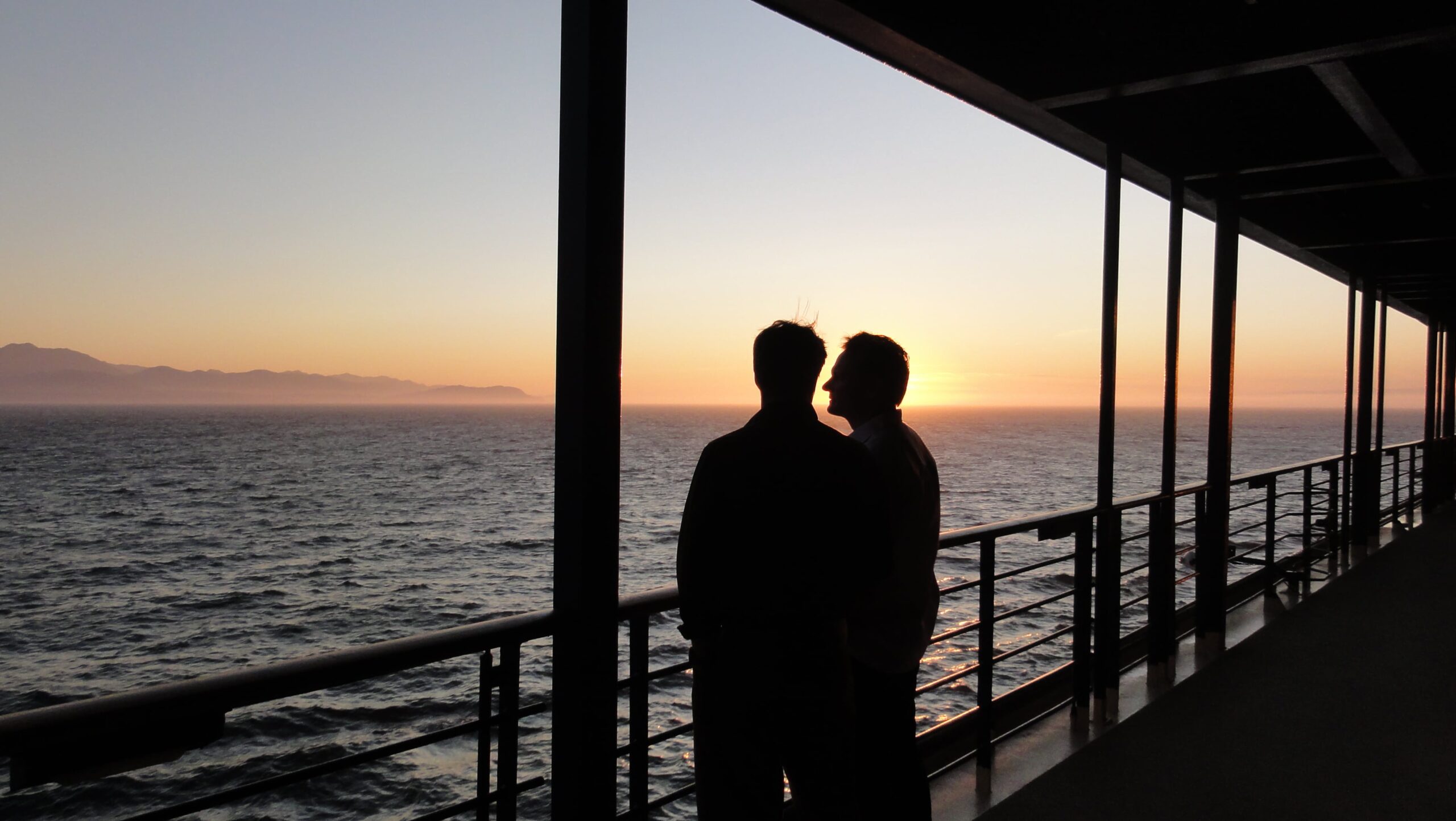
Have you ever had the pleasure of going on a cruise? I’ve only been on one (to the Caribbean), but it may be my favorite vacation. Getting to explore different islands without having to drive anywhere, endless amounts of amazing food (including that 24/7 soft serve on tap), and a wide variety of activities mingled with downtime (and no cell phone reception!). Other than feeling like a trapped sardine at times, it can be the perfect getaway, especially when we’re in the midst of an overwhelming cold snap like this.
But those who’ve been on a cruise will likely recall that before you set sail you must participate in a “lifeboat drill”. Cruise ship lines do this before anything goes wrong for a few reasons. First, they know that it’s important for people to know what to do and what not to do if anything goes wrong – the last thing they want is a boat full of people freaking out. Second, it reminds everyone that there are risks associated with sailing in a 200,000 ton boat and while the risks of problems occurring are well managed, it’s critical to prepare for a potentially bad situation.
I think we’d be wise to take some lessons from this as investors. As the weather has been getting colder and colder, the markets have been heating up to all time highs, with the Dow crossing 25,000 for the first time yesterday. As the markets go higher, the risks become seemingly closer and steeper. So let me give you a brief “lifeboat drill” for 2018…
Easier said than done, I know. But when (not if) we hit a drop and we all remember what it’s like to see our account balances go down instead of up, the worst thing you can do is panic. I had the privilege of walking through 2008-2009 with many investors, and the only ones that were any worse for the wear were the ones that hit the panic button and sold when they couldn’t take it anymore. Hopefully we don’t have an experience like that recession any time soon, but if we do, the only thing that can really hurt you is selling at the bottom. The evidence is very clear that the success or failure of an investor in meeting their goals often depends far more on how they behave than how the investment does, so they stay prepared for a turn for the worse.
Cruise lines go through countless hours and investments in safeguarding the ship, building in controls and fail-safes, training and drills and systems for when disaster strikes. To prevent a cruise ship from sinking is a monumental task, because let’s be honest – 200,000 pound vehicles shouldn’t be able to float anyways.
Thankfully, it’s much easier to prepare our own ships. To keep ours afloat, the best thing to do is to choose the right kind of vessel. There are slow, steady ships that won’t take on much water during the roughest storms, and there are sleek, fast ships that will cruise past the slower versions but will sink much easier. Getting you in the right ship will be crucial to your success.
If you have funds that you are planning on needing in the next 5-7 years, they likely shouldn’t be invested in stocks in the first place. Bonds look like they could have a rough decade ahead with the potential for rising interest rates, but the risk for them is more so staying flat than actually losing money (bonds certainly can lose money in any one year, but rarely do over 3+ years). By keeping your living money out of the market, an iceberg (correction) shouldn’t materially affect you as you will have plenty of time for a correction to re-correct before you need to sell any of your investments.
While you won’t be risking your life on the stock market, you should know that the chance for disaster striking is much higher. The job of a financial advisor is to help navigate through the very choppy waters and to help coach you in what to do and what not to do when we hit rough waters. Proverbs 15:22 reminds us that “Plans fail for lack of counsel, but with many advisers they succeed.” While no advisor is perfect, you’ll be better prepared by having a captain that has sailed the waters before, knows what dangers to avoid, and who is committed to keeping you safe. If you’re unsure if you’re in the right “vessel”, give us a call and we’d be happy to check your ship for any vulnerabilities.
Stay warm and afloat in 2018!
BACK TO NEWS